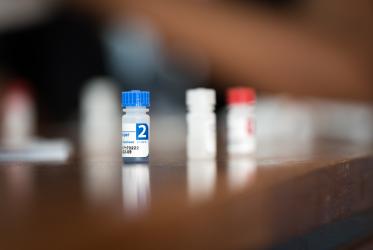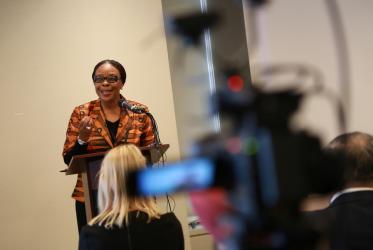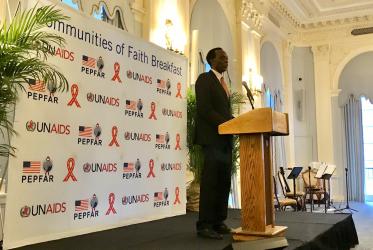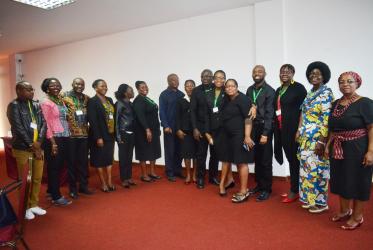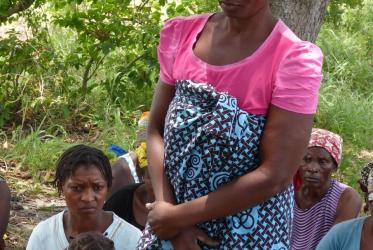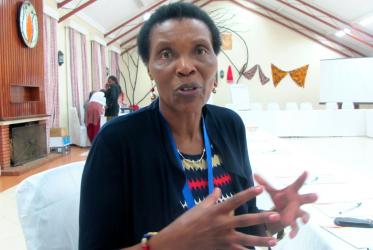Displaying 1 - 20 of 24
In Zambia, foreign investors complicate “economy of life”
06 September 2017
GEM School: integrating theology and economics
05 September 2017
New study lifts up voices of small farmers in Mozambique
24 August 2017
Food and land justice focus of Mozambique workshop
19 December 2016
Zambia: “On HIV, we do not compete. We work together.”
20 October 2016
Kenya: Voice of faith communities crucial in overcoming HIV
14 October 2016
Land rights focus of panel discussion
17 November 2015
Churches have a special role to play in HIV response
18 November 2014
